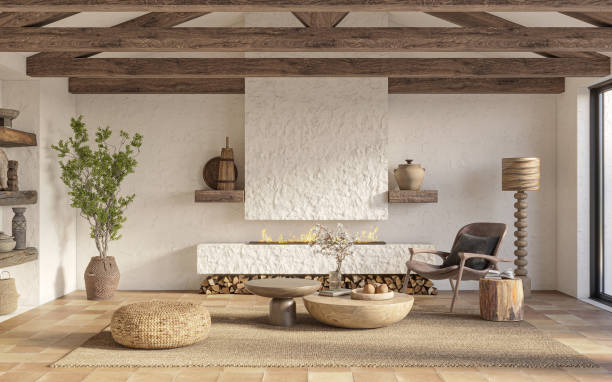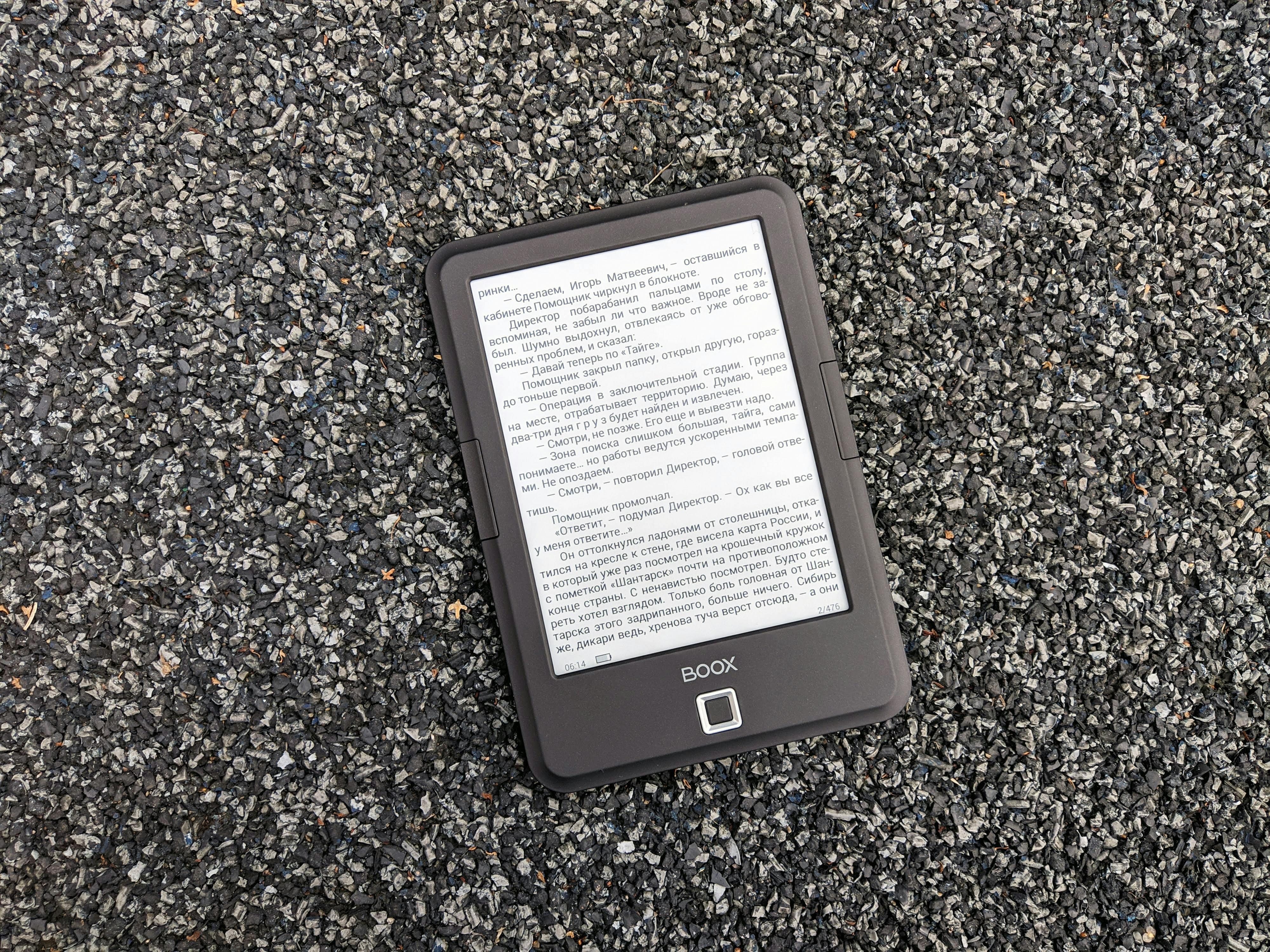"Unveiling the Appeal of Wabi-Sabi: The Art of Imperfection in Home Design"
Introduction: The world of interior design has embraced a multitude of styles, from the meticulously curated perfection of minimalism to the comfortable clutter of maximalism. However, a lesser-known design philosophy has been quietly making its way into contemporary homes: Wabi-Sabi, a Japanese concept that celebrates the beauty of imperfection. This article dives into the unique world of Wabi-Sabi, offering a fresh perspective on home design.

The Wabi-Sabi Aesthetic: A Brief History
Wabi-Sabi is deeply rooted in Japanese Zen Buddhism. It emerged from the tea ceremonies of the 15th century, where simplicity and tranquility were valued over opulence and grandeur. In its essence, Wabi-Sabi rejects perfection, embracing the natural imperfections and aging of materials. This philosophy has been a part of Japanese culture for centuries, but its minimalist and eco-conscious principles resonate strongly with the modern design ethos.
Wabi-Sabi in Today’s Interiors
Today, Wabi-Sabi is making waves in the interior design industry, offering a refreshing contrast to the perfectly polished, mass-produced trends of the past. Wabi-Sabi interiors feature handmade items, natural materials, and a muted palette, creating an atmosphere of tranquility and authenticity. A Wabi-Sabi home might feature weathered wood, exposed brick, and ceramics with visible imperfections, each piece telling its own unique story.
The Practicality of Wabi-Sabi
The Wabi-Sabi philosophy embraces the natural aging of materials, making it a sustainable choice in home design. Rather than constantly replacing items to keep up with trends, Wabi-Sabi encourages us to appreciate the beauty in our existing belongings. This not only reduces waste, but it also creates homes that feel deeply personal and authentic.
The Market Trend: Wabi-Sabi on the Rise
The demand for unique, artisan-made items has grown exponentially in recent years, with consumers seeking out products that reflect their individuality. This trend aligns perfectly with the Wabi-Sabi ethos, making it an increasingly popular choice in contemporary interior design. As more people seek to create homes that feel authentic and meaningful, the Wabi-Sabi aesthetic is poised for continued growth in the market.
Wabi-Sabi: Enhancing Daily Living
Wabi-Sabi is more than just an aesthetic; it’s a philosophy that can enhance our daily living. By embracing imperfection, we can let go of the pressure to maintain a picture-perfect home, allowing us to live in a space that feels authentic and comforting. In an age of instant gratification and constant comparison, Wabi-Sabi offers a refreshing perspective, encouraging us to appreciate the beauty in the ordinary and imperfect.
In conclusion, Wabi-Sabi is a design philosophy that speaks to the modern longing for authenticity, simplicity, and sustainability. By appreciating the beauty of imperfection, we can create homes that tell our unique stories, offering a sense of peace and harmony in our increasingly hectic world.




